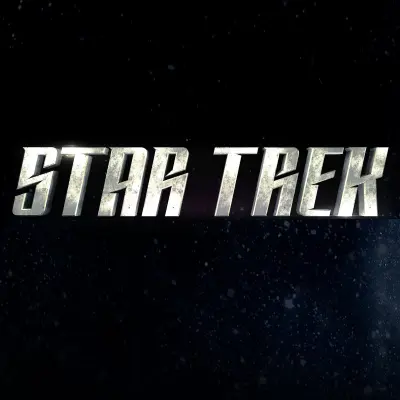Why Star Trek has stood the test of time -- it's sci-fi, unlike Star Wars
-

"I wouldn’t deny that there’s fun to be had from George Lucas’ baby, now bouncing for Disney, but Star Wars is not science fiction," says Robert Lloyd. "It’s a fantasy set in space, where wizards do magic and heroes fight with swords and prophesied chosen ones take up their lightsabers; a special effects western cum samurai film cum collection of war movies in which, a few defections notwithstanding, good fights bad until one obliterates the other; and an expensive homage to the cheap Saturday serials of the 1930s. Its one endlessly repeated theme is bad parenting — or, in the case of The Mandalorian, the first Star Wars live-action television series, good (surrogate) parenting. But Star Wars on the whole has no real interest in ideas, in asking 'Why?' or 'What if?' The droids are comic relief, and slaves. Joseph Campbell’s the Hero with a Thousand Faces has often been cited, by Lucas and others, to connect these characters to a deeper storytelling tradition; the problem with a thousand-faced hero, however, is that you have seen that shtick a thousand times. Star Trek is a different animal. From the beginning it had a mission, not just to explore strange new worlds, seek out new life and new civilizations, and boldly go where no earthlings had gone before, but to model a future for its audience that was a little ahead of its time. Where Star Wars was slow off the mark with diversity — the only Black actor in A New Hope, James Earl Jones, supplied the voice of a white character, and even now has only managed one same-sex kiss between minor characters — Star Trek made diversity a point from the beginning, with George Takei’s Sulu and Nichelle Nichols’ Uhura on the bridge. (Whether the 1968 kiss between Kirk and Uhura was the first interracial kiss on television is a subject of debate and semantics, but it was in any case ahead of its time.) The third series, Star Trek: Deep Space Nine, put a Black man (Avery Brooks’ Sisko) in charge; the next, Star Trek: Voyager, a woman (Kate Mulgrew’s Janeway). Throughout the various series, and in the sci-fi tradition, contemporary earthly issues — racism, Cold War politics, environmental degradation, despotism, sexism — are seen through the lens of future, extraterrestrial exploits. The presence of aliens (also ethnically diverse), on the crew or just passing through, offered writers a chance to comment with distance on the puzzlements of human behavior."
More Star Trek on Primetimer:- LEGO Beams Up Star Trek With First-Ever Collaboration Teaser
- Star Trek: Khan trailer revealed at SDCC 2025 featuring George Takei and Tim Russ returning to the iconic franchise
- A Throwaway Star Trek: The Next Generation Line Inspired 2024's Most Optimistic Meme
- Holly Hunter's Taking Cadets to School in New Star Trek Series
